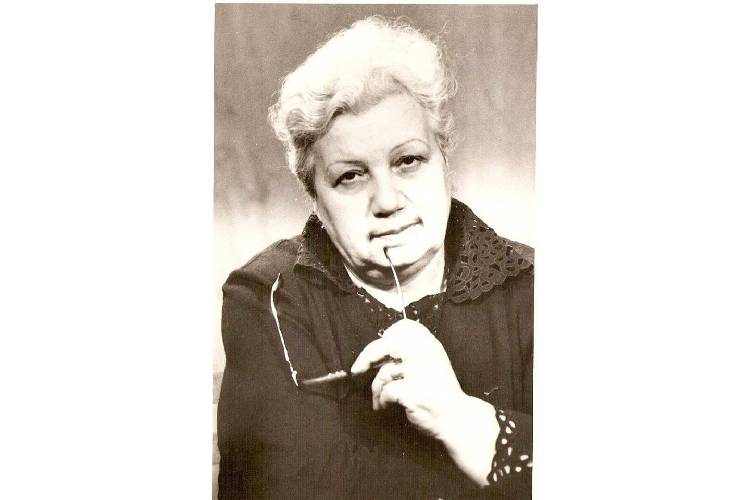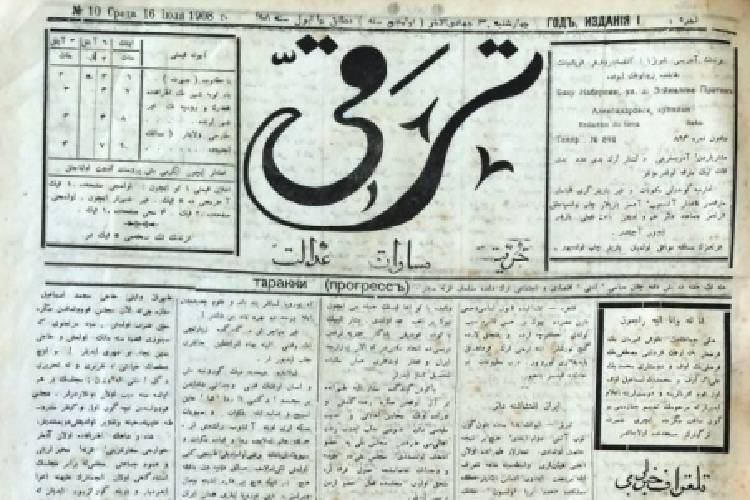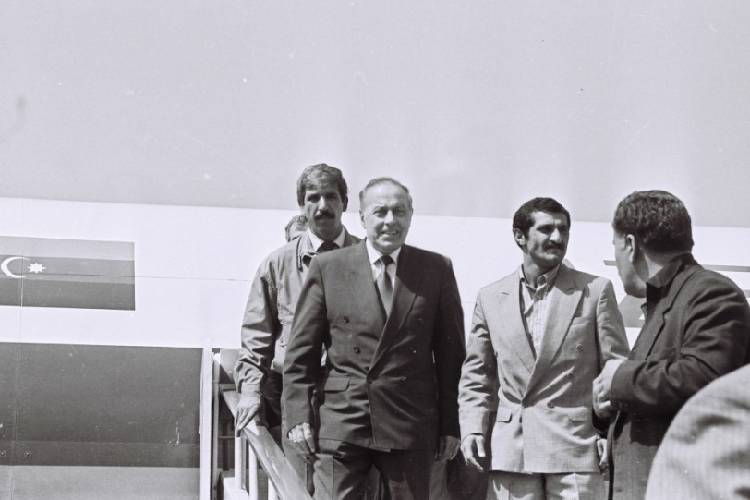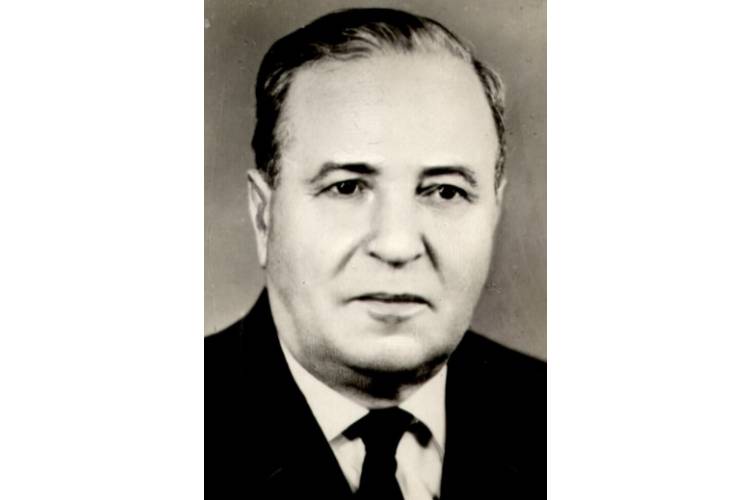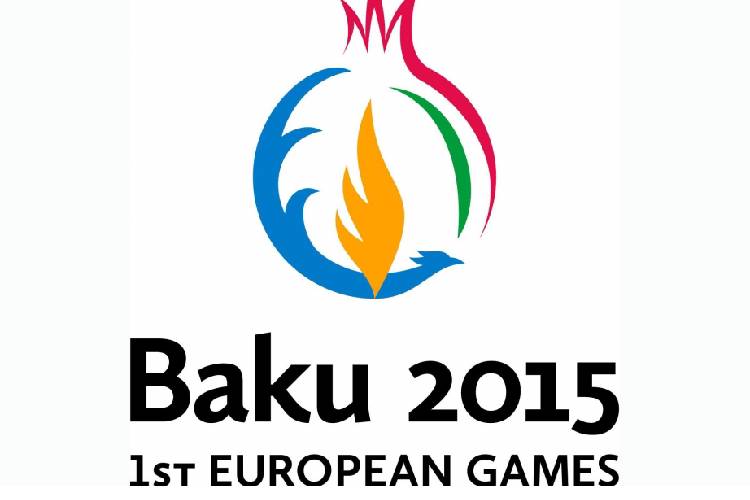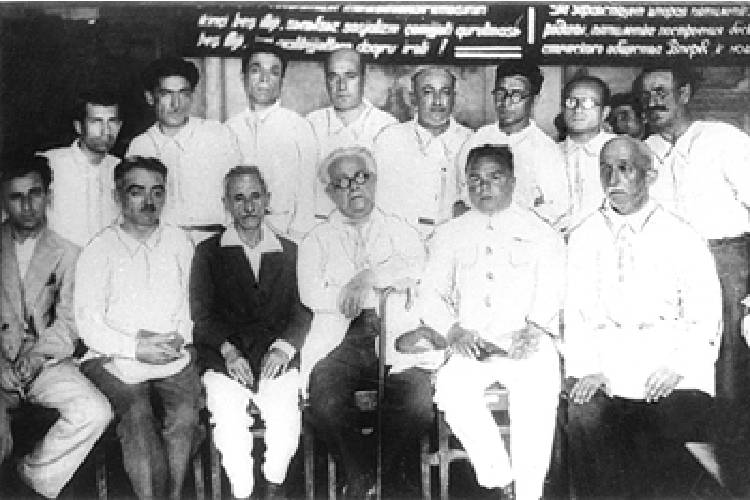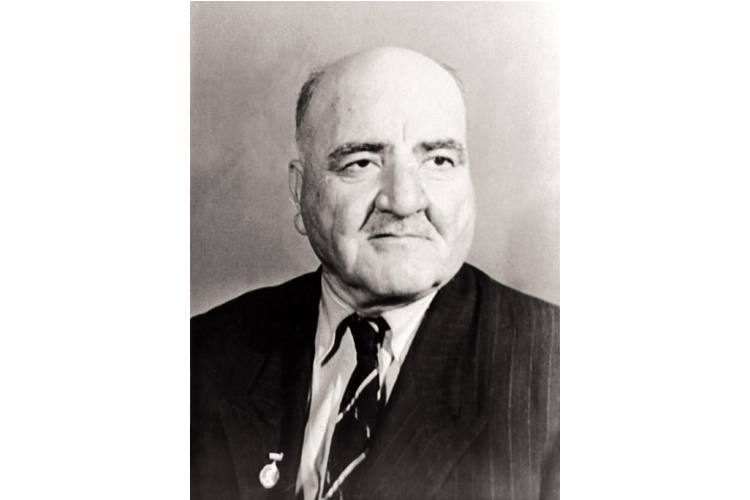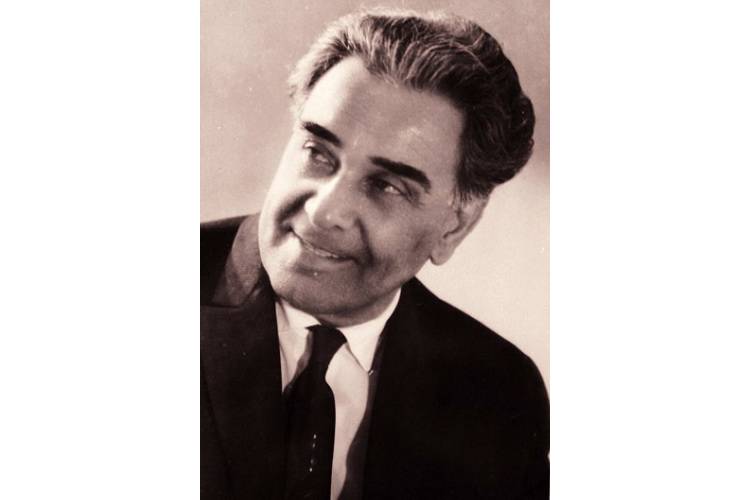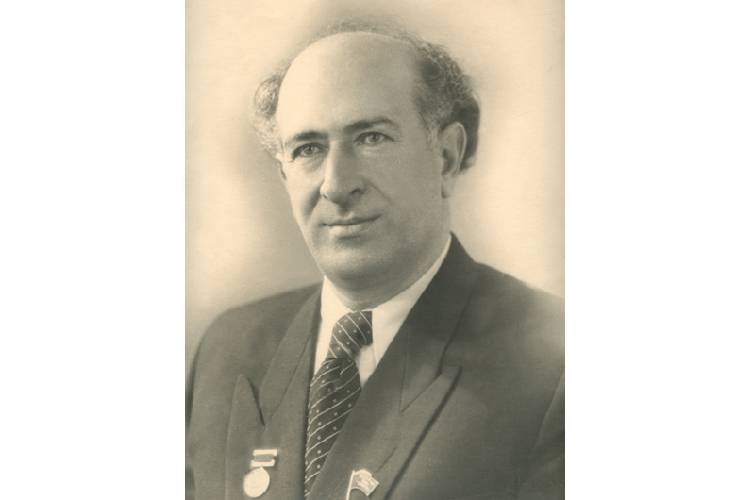Minavvar Rzayeva - the first woman representative of Azerbaijani monumental sculpture
The first monumental sculptor of the East, Honored Artist Munnavar Majid gizi Rzayeva, was born on June 6, 1929, in Baku. Originally from Shusha, her father, Majid bey, was a renowned carpet master in Shusha. From 1946 to 1950, Munavvar Rzayeva studied at the Azim Azimzadeh Art School and then attended the Faculty of Sculpture at the V.I. Surikov Moscow State Academy of Arts from 1950 to 1956. At the ANAS Nizami Literature Museum, she worked as a restoration artist, skillfully restoring several sculptures and becoming the creator of numerous statues, busts, and bas-reliefs. In 1953, she was elected as a member of the Union of Artists and the State Commission of the Ministry of Culture.
Publication of the first issue of the newspaper «Taraggi»
The "Taraggi" newspaper is a publication that occupies a unique place in the history of the Azerbaijani press, notable for its brief yet impactful existence. Founded with the financial backing of millionaire Murtuza Mukhtarov, this newspaper introduced itself with the slogan "Freedom, equality, justice" and prompted significant societal changes. The newspaper "Taraggi," which commenced publication in Baku on June 8, 1908, marked a pivotal moment in Azerbaijani journalism. The fact that it was published five times a week initially, and later daily, is clear evidence of its immense popularity among readers.
Path to Independence: Heydar Aliyev's historic return to Baku
After the collapse of the USSR, Azerbaijan, having gained independence, was unable to preserve its statehood, as the unprofessional and inexperienced leadership was leading the country into a deep crisis. The situation in Karabakh had worsened, territorial losses had increased, and internal political confrontations, along with conflicts between armed groups, had put the country at risk of disintegration. The people saw their way out only in the return of a leader with political foresight, extensive governance experience, and significant influence — and that leader was none other than Heydar Aliyev.
Academician Mammad Arif Dadashzadeh
Active member of the Azerbaijan National Academy of Sciences Mammad Arif Maharram oglu Dadashzadeh was born on June 10, 1904 in Baku. He graduated from the Baku State Institute of Public Education and Eastern faculty of ASU (1920-1925).He was a post-graduate student at the Soviet-East People's Scientific Research Institute in Moscow (1925-1928). He defended his Ph.D.(1944), doctor (1954) dissertations, became professor (1955). He was elected corresponding member of AAS (1955) and an active member (1958).
First European Games
On December 8, 2012, the General Assembly of the European Olympic Committees awarded the right to host the inaugural European Games in 2015 to Baku, the capital of the Republic of Azerbaijan. The Baku 2015 European Games took place for the first time in history from June 12 to June 28 in Baku, the capital of Azerbaijan. To ensure the successful hosting of the First European Games in 2015 in Baku, the President of the Republic of Azerbaijan issued a decree on January 17, 2013, establishing an Organizing Committee.
Establishment of the Union of Azerbaijani Writers
In the early 20th century, Azerbaijan's literary and cultural life was marked by several significant events. Similar to other fields, the national press experienced a general revival, with the emergence of the first literary-artistic journals such as “Fyuzat” (1906-1907) under the editorship of Alibey Huseynzadeh, featuring contributions from M. Hadi, A. Sahhat, H. Javid, and others, as well as “Yeni Fyuzat” (1910-1911) and other publications that were already in operation.
First People's Artist of Azerbaijan - Haji Agha Abbasov
Haji Agha Mutalib oglu Abbasov was born on 16 June 1888 in Mashtaga village of Baku in the family of a teacher. He received his primary education in the Russian-Tatar (Russian-Turkic) school in his native village, then continued his education in Baku. In 1906-1909 he received pedagogical education in Port-Petrovsk (now Makhachkala). There H. Abbasov created a theatre troupe of Azerbaijanis, and then transformed it into a theatre in Temir-Khan-Shura district (now Buynaksky district of Dagestan). After receiving a teaching diploma, he returned to Baku. Together with Mirza Alekper Sabir he taught children in Balakhani village.
People's Artist of Azerbaijan, famous actor Mokhsun Jafarov (Sanani)
Our prominent, renowned, and beloved actor, Mohsun Sadig oglu Sanani (Jafarov), was born on June 19, 1900, in Tiflis’s "Sheytanbazar" neighborhood. After losing his parents at a young age, Mohsun was raised by his grandmother. He began his education at a madrasa in 1906. His grandmother hoped he would follow in his father's footsteps and become a mullah or a marsiyakhan. However, after losing his grandmother in 1908, Mohsun and his sister had to live under the care of their aunt, Molla Ziynat Khanum. Although Ziynat Khanum welcomed them as her children and cared for them, the large size of the family posed some financial challenges.
Founder of the Azerbaijani professional vocal art, People's Artist of Azerbaijan Bulbul
The founder of the Azerbaijani opera singer, folk music performer, and one of the founders of vocal arts and national musical theatre, professor, People's Artist of the USSR Mammadov Murtuza Meshadi Rza oglu (Bulbul) was born on 22 June 1897 in Shusha. He received his first musical education in 1907 at the age of 10 in Shusha music school. From childhood, the residents of Shusha called Murtuza Bulbul because of his enchanting voice and unique style of singing. The name Bulbul, given to him in childhood, later became an artistic pseudonym reflecting his brilliant talent. Bulbul began his stage career in 1916.
Professional Holiday of Workers of the Machine-Building Industry
According to the Decree of the President of the Republic of Azerbaijan Ilham Aliyev, dated November 19, 2012, June 24 is annually celebrated in Azerbaijan as the Professional Holiday of Workers of the Machine-Building Industry. A brief overview of the history of the machine-building industry reveals that the development of electrical machine-building products worldwide has always paralleled the advancement of industrial technology. In the machine-building industry, as the technical support base of the national economy, equipment is produced in areas such as machine tool manufacturing, instrument engineering, shipbuilding, electrical engineering, radio engineering, and automation equipment.

